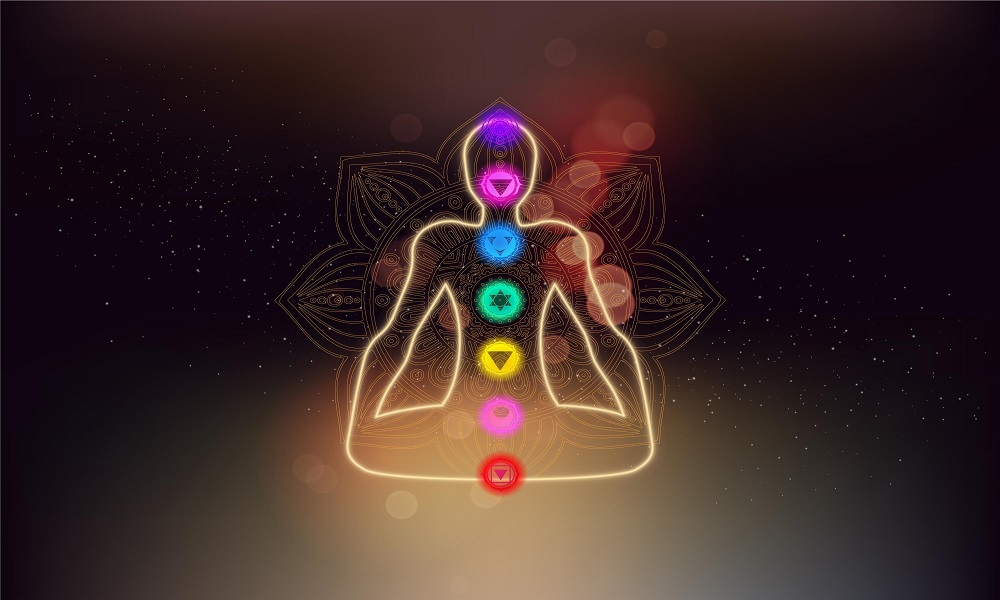Vedas are prime Granthas of Sanatan Dharma. There are four Vedas- Rigveda, Sam Veda, Yajurveda and Atharvaveda. Rigveda is the oldest. In the different hymns of Rigveda right from its 1st mandala to 10th Mandala, the blessings of the Gods have been involved to bestow on the worshipers the gift of health, wealth, long life, sons and grandsons, wife and property. Desire of materialistic happiness pervades the Rigveda. Arth and Kama are not ignored. Their realization is circumscribed by the dictates of Dharma. Vedic materialism is theistic.
The Charvaka philosophy, on the other hand, is materialistic. It accepts the existence of material objects- earth, water, fire and air, and does not accept any conscious existence named soul. Out of four labours of life, it accepts only two labours- Arth and Kama denying the existence of dharma and Moksha (salvation). Pure materialism is its forte. It is very much atheistic in nature.
Some Indian scholars are of the view that essentially materialistic attitude is necessary for man to prosper in the worldly life. Materialism has many ramifications. The doctrine of materialism considers material elements, the primary elements and the cause of all animate life. So, description of the world is only possible through materialistic interpretations. Followers of materialism are of firm view that human development is only possible through materialistic means. Whatever senses apprehend directly comes under the cover of materialism.
Two types of materialism can be traced in the ancient Indian traditions: Deranged materialism which can be seen in the Vedas and Upanishads and Arranged materialism which is found in Charvaka philosophy. Vedas and Upanishads do not propound materialism directly but there are undercurrents of this philosophy.
Charvaka philosophy depicts a systematic materialism in Indian philosophy. Body is the contribution of only four elements: Air, water, earth and fire. None of the four elements have consciousness. So, how can there be consciousness in the body which is a combination of these elements. Mobility is inherent in these element. Death of the body means Moksha because body and soul are one and the same thing. Enjoyment, indulgence and licentious activities are end of life in Charvaka philosophy. Virtuous actions are fallacy and delusions. Only enjoyment is real and solid. Life ends with death. So this materialism believes in indulgences of the senses. Fulfilment of the body desires is the ultimate aim.
This Charvaka philosophy vehemently contradicts the Vedic thoughts. Materialistic attitudes to life prevalent today is similar to that advocated by Charvaka philosophy. However, the Vedic conception appears to be more sound and reasonable. The Vedic concept is a synthesis of materialism and spiritualism, as both are real. So spiritually oriented materialism is considered the need of the hour to shape the world.
Author: Dr. Arun Kumar Singh, Associate Professor & Assistant Dean – Unitedworld School of Law (UWSL)






